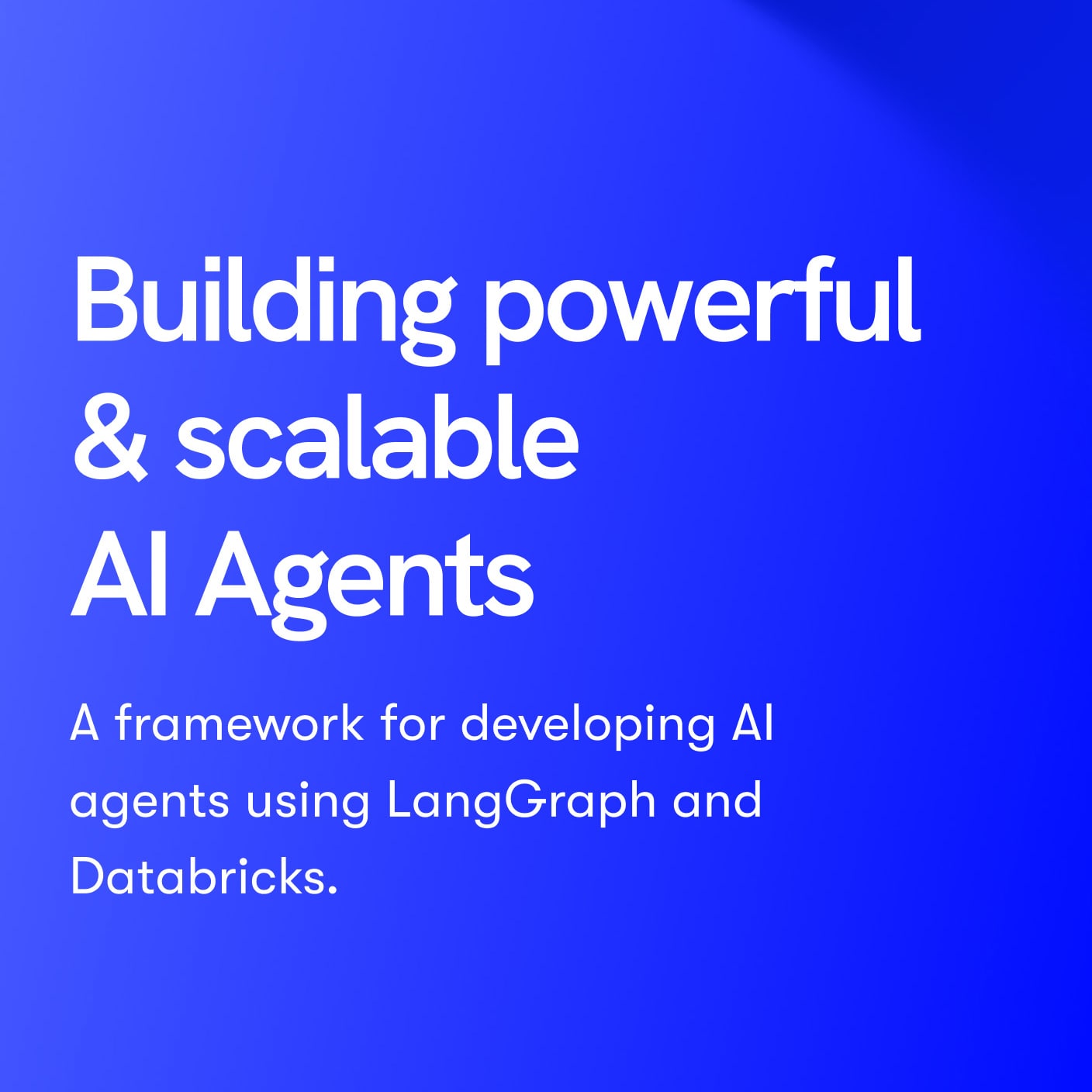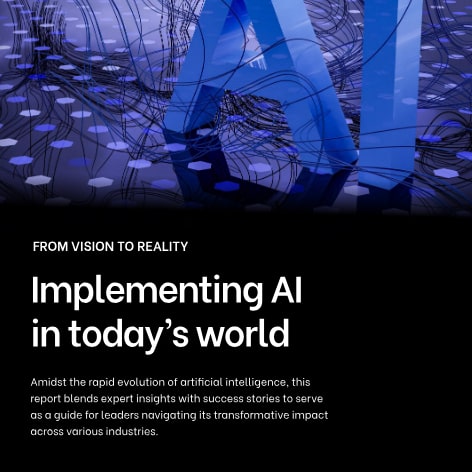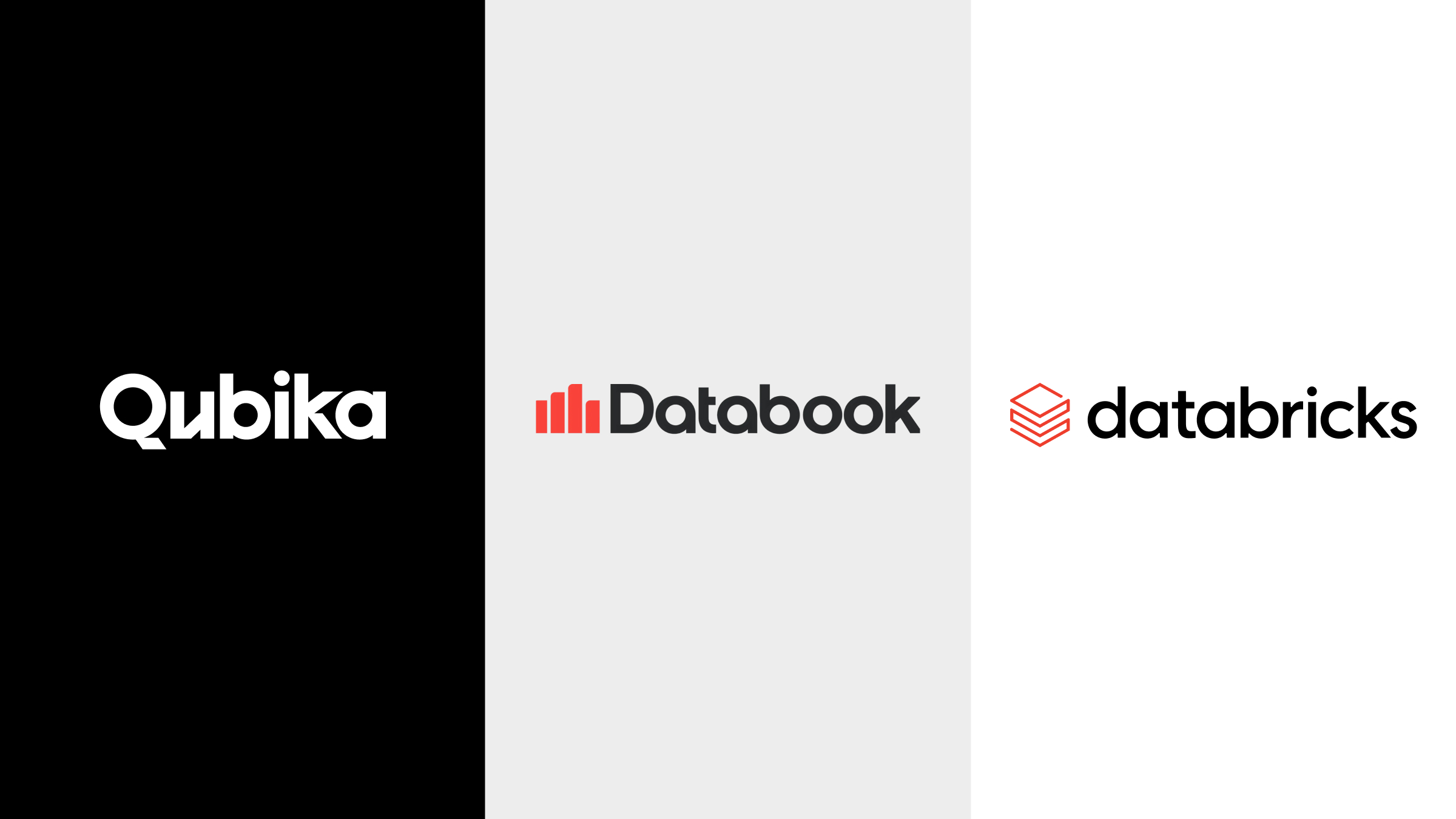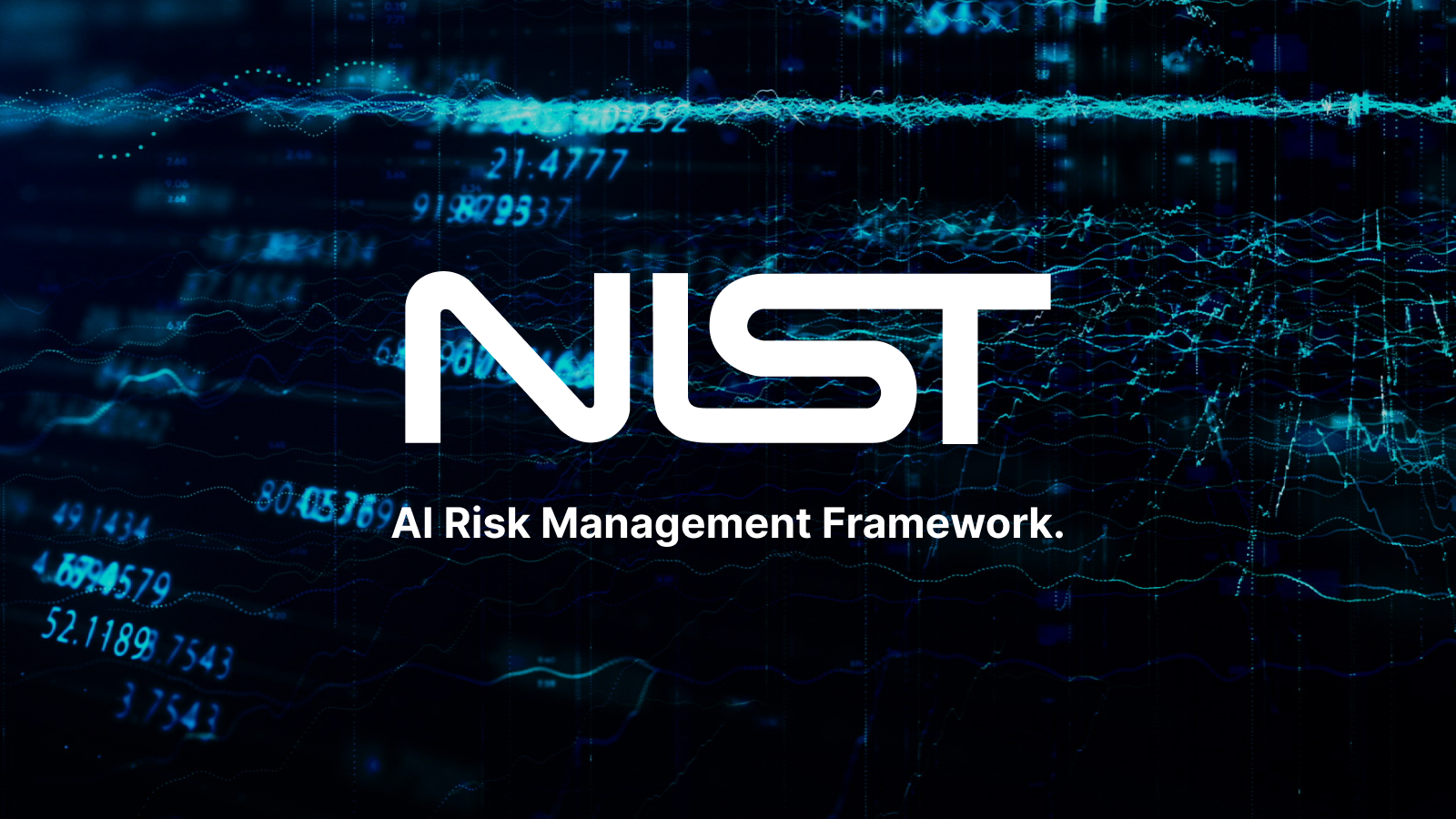In today’s fast-paced, technology-driven world, Project Managers are often called upon to oversee projects that involve complex software solutions, multi-platform integrations, or rapidly evolving tools. While technical knowledge can be a major advantage for PMs, it is by no means a requirement to excel. This blog explores why a solid technical understanding can strengthen project management, and it offers practical ways for non-technical PMs to develop the skills and insights needed to thrive in tech-heavy environments.
Why Technical Knowledge Matters
- Improved Estimation Accuracy: Having a grasp of the development cycle helps PMs more accurately estimate timeframes, budgets, and resources. When a client requests a new feature or a change, a technically savvy PM can gauge the potential complexity and time cost, preventing underestimates that lead to project delays.
- Better Communication with Stakeholders: Clients with a technical background appreciate engaging with a PM who can speak their language. Technical familiarity fosters clear communication, reduces ambiguity, and builds trust. Additionally, being able to translate complex technical concepts into understandable language helps non-technical stakeholders stay engaged and informed.
- Tool and Process Selection: Understanding the nature of the technology stack, programming languages, frameworks, databases, or CI/CD tools, can guide better decision-making around which tools, methodologies, and processes to use. This often results in a more efficient development process and higher-quality outputs.
- Informed Change Management: Every project is bound to face scope changes. A PM with technical insight can assess the ripple effect of these changes swiftly, knowing whether an adjustment might require an additional developer, more testing, or longer iteration cycles. This means more responsible decision-making and transparent client communication.
Cultivating Technical Skills as a Non-Technical PM
Not every Project Manager starts off as a developer, engineer, or data analyst. Many excellent PMs come from diverse backgrounds, such as marketing, finance, or healthcare, and excel by leveraging their adaptability and leadership skills. If you’re a non-technical PM looking to strengthen your abilities in more technical projects, here are some actionable steps:
Self-Study and Online Courses
- Platforms like Coursera, Udemy, and edX offer beginner-friendly courses on programming languages, web development, cloud computing, and more.
- Focus on acquiring enough knowledge to understand core concepts and terminology, rather than trying to become a full-fledged developer.
Hands-On Practice
- Experiment with simple projects, like building a basic website using HTML/CSS or creating a simple mobile app with online tutorials.
- This hands-on experience gives you a sense of the challenges developers face daily, making it easier to empathize and plan realistically.
Tech Mentorship and Pairing
- Pair up with a senior developer or tech lead on your team. Observe their workflow, ask questions, and see how they troubleshoot issues.
- A supportive mentor can fast-track your understanding of project intricacies and help you avoid common pitfalls.
Attend Conferences and Meetups
- Tech conferences, local meetups, or virtual webinars can expose you to emerging trends, tools, and best practices.
- Networking in these spaces broadens your perspective and opens opportunities to learn from industry peers.
Leverage Project Management Tools
- Tools like Jira, Trello, or Azure DevOps are standard in many development teams. Understanding how these tools integrate with code repositories and how they track bugs or manage sprints provides deeper insight into the development process.
- Familiarize yourself with version control concepts (like Git) to follow your team’s workflow more effectively.
Balancing Technical and Non-Technical Perspectives
It’s crucial to remember that technical knowledge, while valuable, is just one piece of the puzzle. Effective project management also requires:
- Leadership and Team Coordination: Motivating teams, resolving conflicts, and ensuring everyone works cohesively toward a shared goal.
- Client Relationship Management: Building trust, setting clear expectations, and maintaining open communication lines.
- Risk Management: Identifying and mitigating project risks, whether they stem from technical bottlenecks or external factors like budget constraints.
- Strategic Thinking: Aligning project deliverables with the overarching business objectives, and knowing how to pivot when changes occur.
A PM who blends technical literacy with soft skills can navigate both the human and technological aspects of a project with confidence.
Real-World Advantages of a Technical PM Perspective
From my own experience leading mobile and web development projects, I’ve found that understanding the codebase and the technical stack has had several practical benefits:
- Efficient Delegation: When you know the strengths and capabilities of each developer, you can assign tasks more effectively.
- Faster Decision-Making: You can provide immediate feedback or solutions on proposed changes without always needing a developer’s input.
- Stronger Client Rapport: Clients trust timelines and estimates that are informed by in-depth technical knowledge, reducing the likelihood of scope creep or miscommunication.
- Proactive Problem-Solving: If a technical issue arises, you can spot it early on and mobilize the right resources quickly.
These benefits don’t imply that a non-technical PM can’t excel. They merely illustrate that an added layer of technical understanding can enhance the overall efficiency and clarity of project management.
Final Thoughts: Continuous Growth and Collaboration
Ultimately, project management is a team sport. Whether you come from a technical background or not, success hinges on your willingness to learn, adapt, and collaborate. Technical knowledge is a powerful asset, but it’s not a substitute for empathy, organization, and strong leadership skills.
For non-technical PMs, investing in basic technical literacy can pay off in more informed decision-making, clearer communication, and stronger partnerships with technical teams. For technical PMs, never forget that soft skills and strategic thinking are what elevate a project from good to exceptional.
Remember, every project environment is different, and the best PMs continuously refine both their technical and non-technical abilities. By bridging the gap between development teams, stakeholders, and the wider business strategy, you can guide your project to success—one sprint, milestone, or deliverable at a time.


























